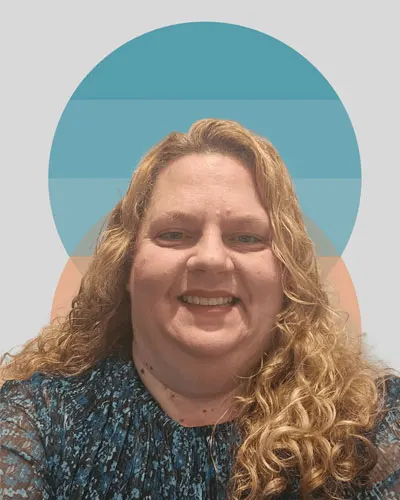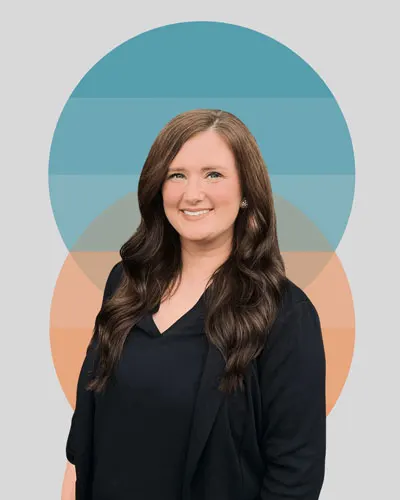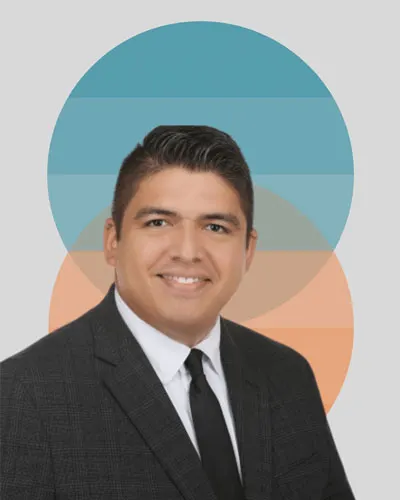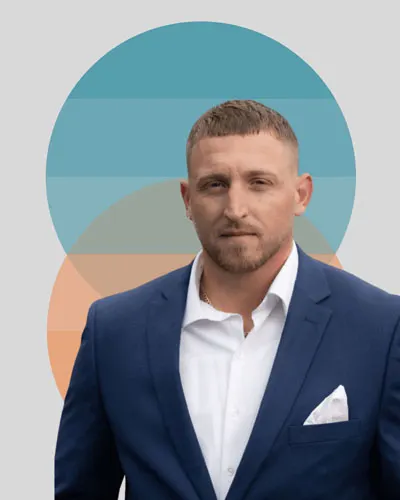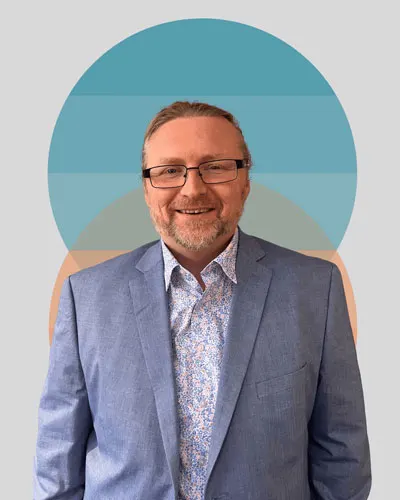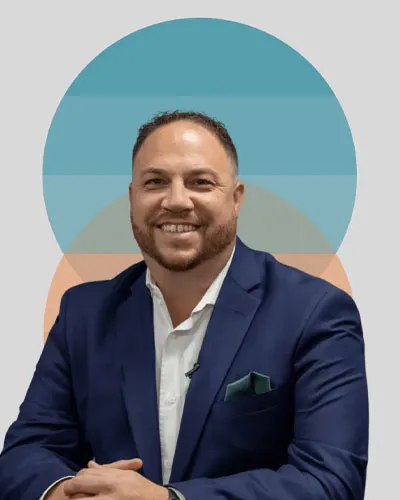Best in Class Addiction Treatment Serving Middle Tennessee
Innovative Drug & Alcohol Rehab Center in Nashville, Tennessee

Our Drug & Alcohol Rehab Center in Nashville, Tennessee is a Sanctuary for Healing & Transformation.
At the core of recovery is connection. Epiphany Wellness is here to connect you with support, encouragement, and treatment as we walk alongside you. Admitting yourself to a Tennessee treatment facility for substance use and mental health treatment is a powerful step toward lifelong recovery. We’re here to take the journey with you.
It’s Time For Your Epiphany.
Welcome To Epiphany Wellness.
Our Nashville, Tennessee Location
Epiphany Nashville Tennessee Drug & Alcohol Rehab
145 Anderson Ln.
Hendersonville, TN
37075
Music City, USA
Tucked away in the center of this musical city, our second location is in Nashville, Tennessee. Unique with it’s own style, this facility still offers a home-like and peacful environment to nurture recovery and healing.
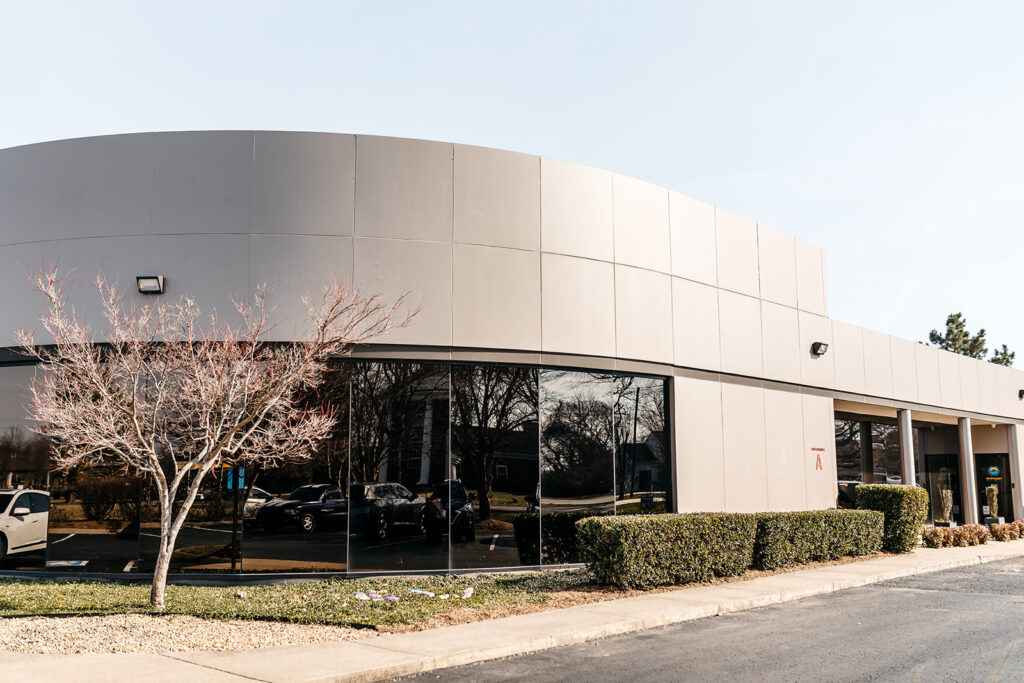


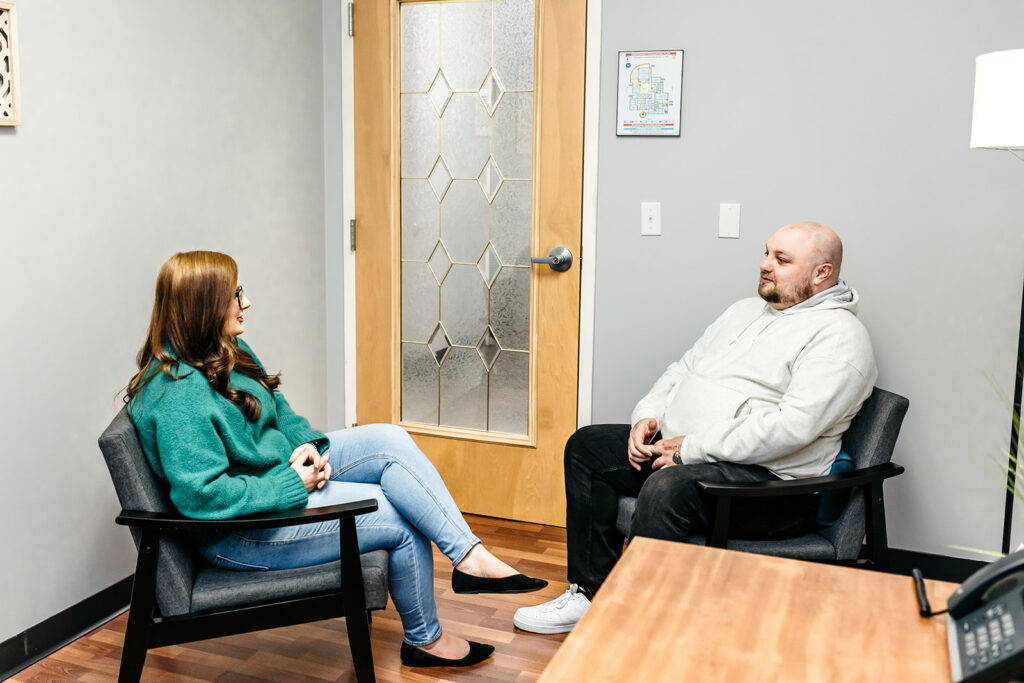
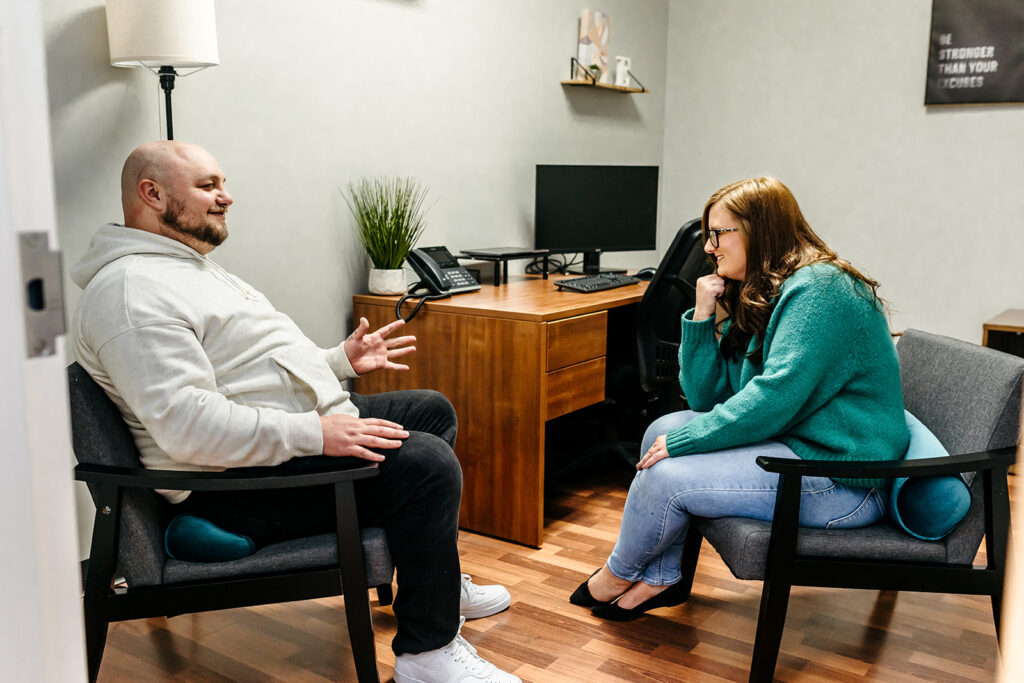
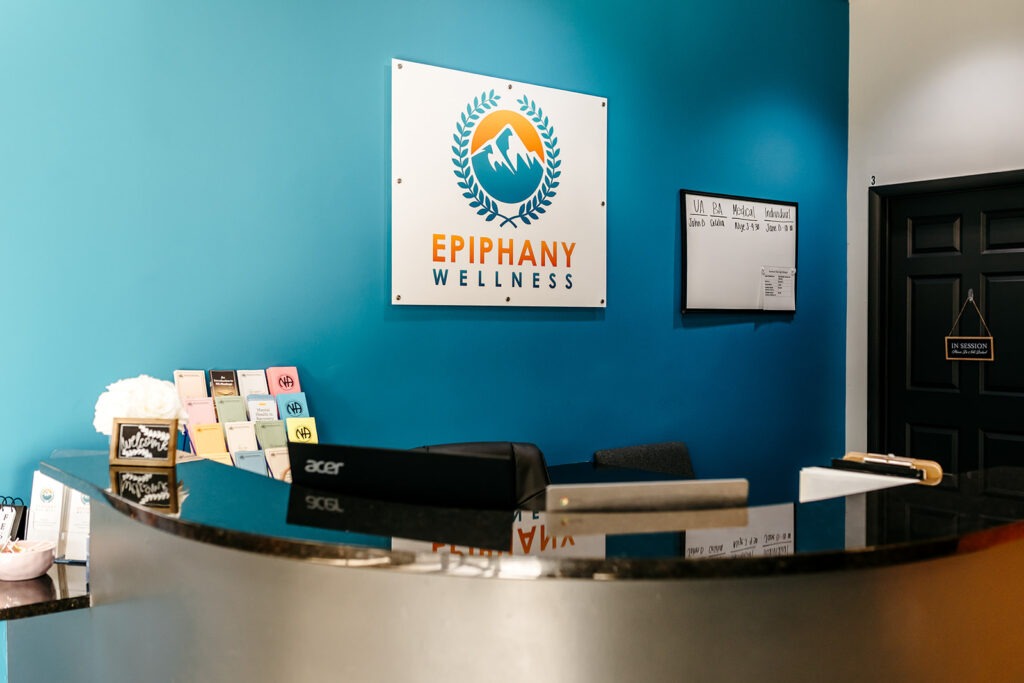
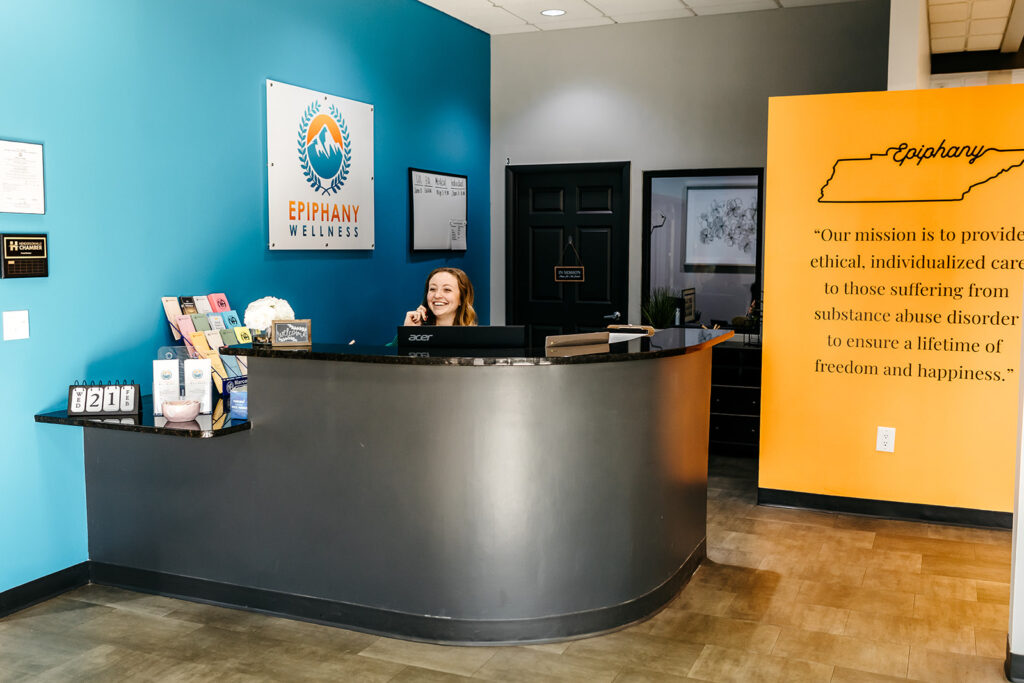
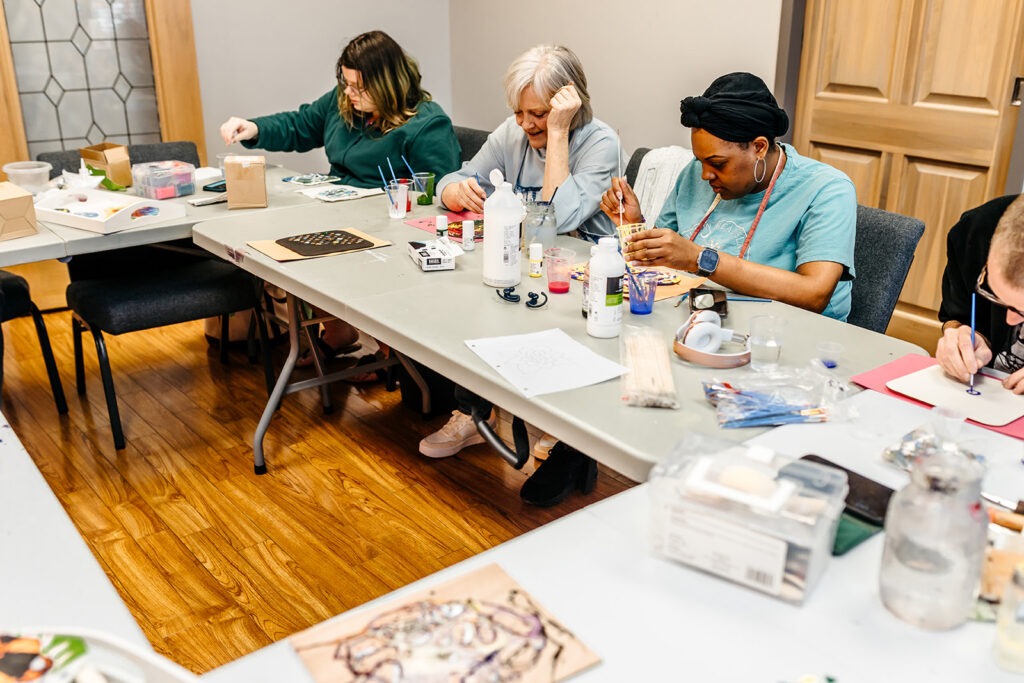


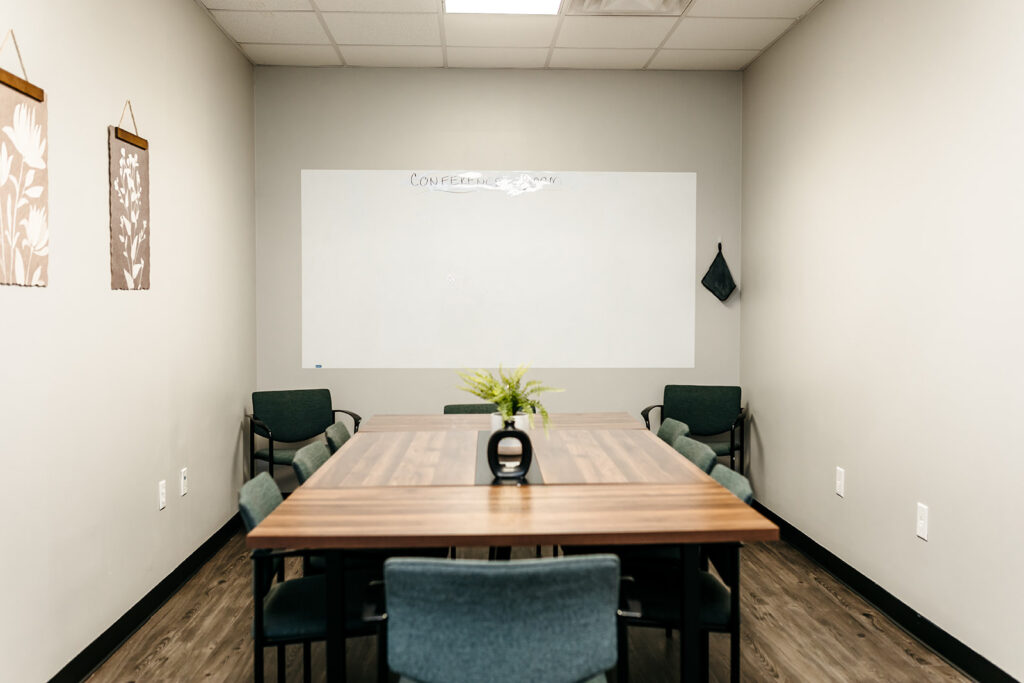
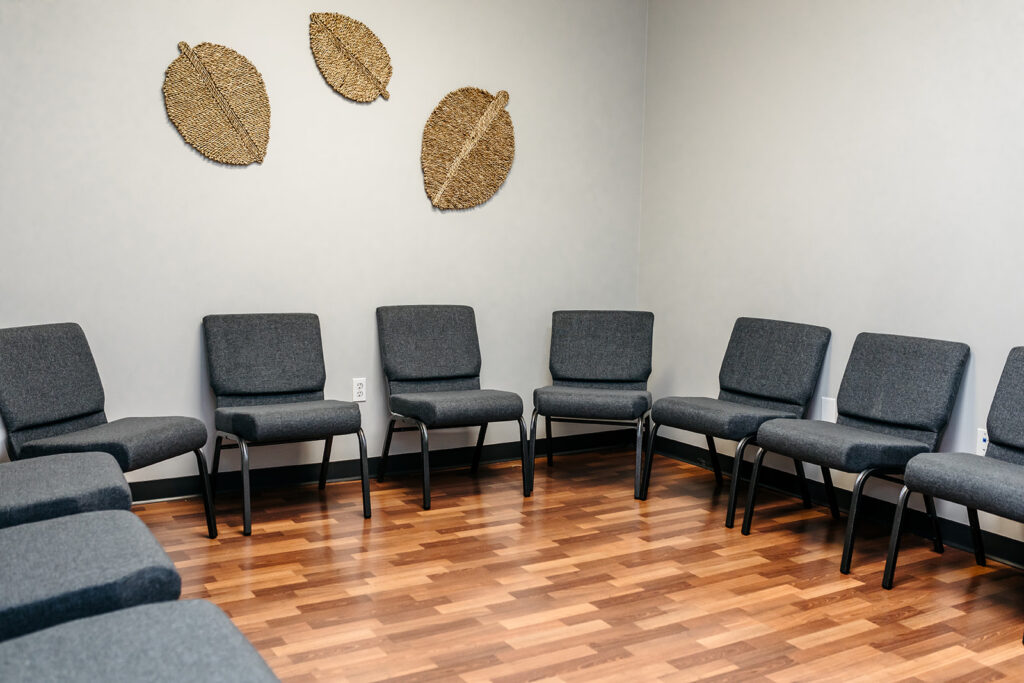

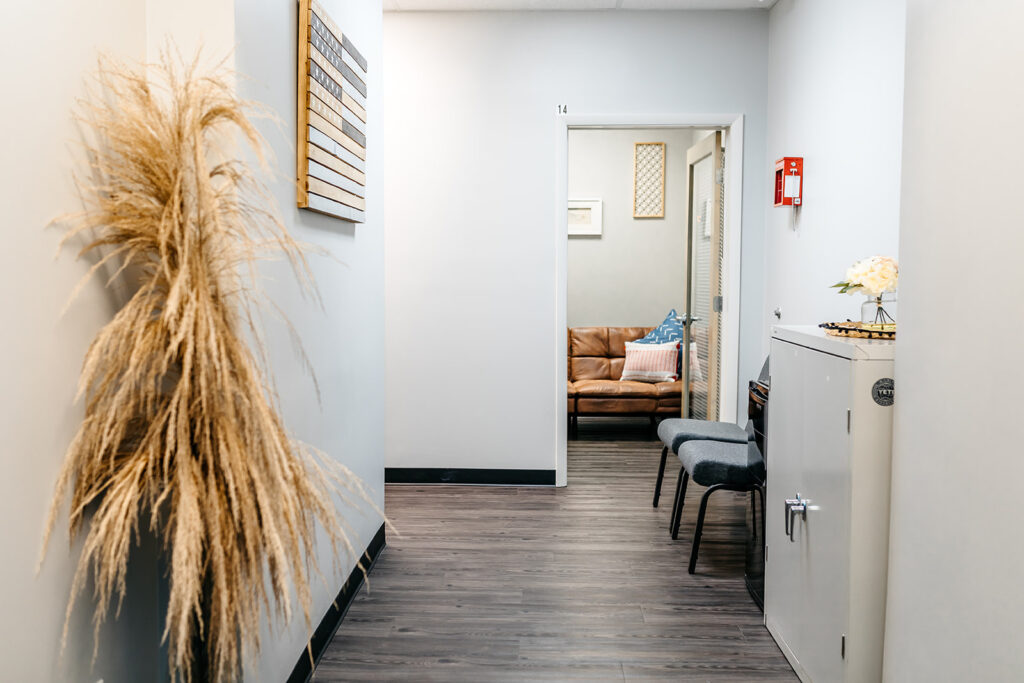
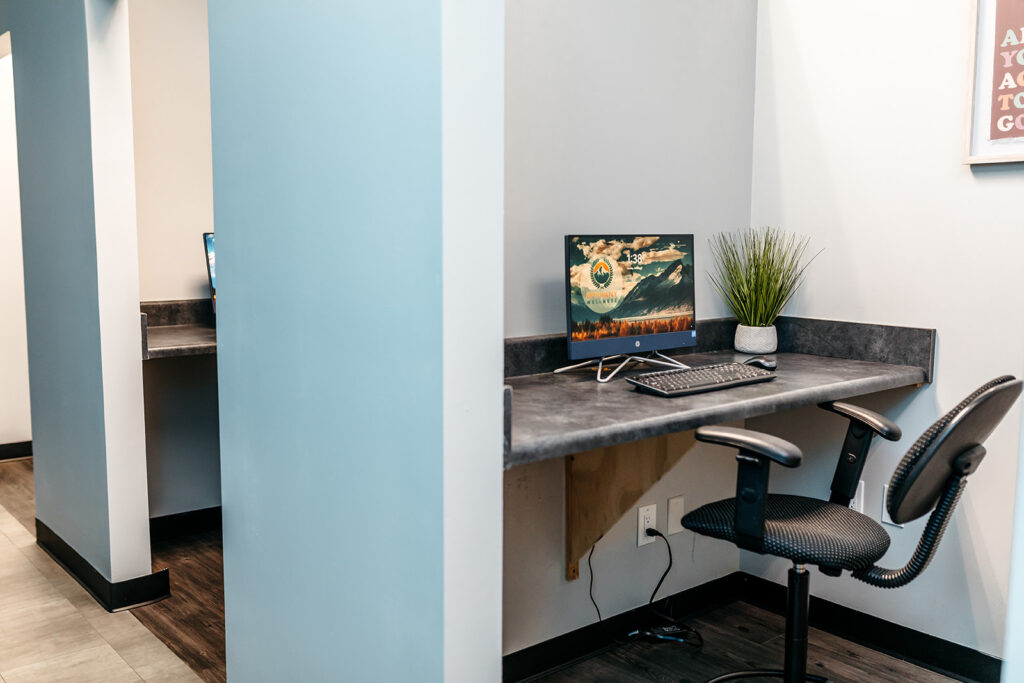



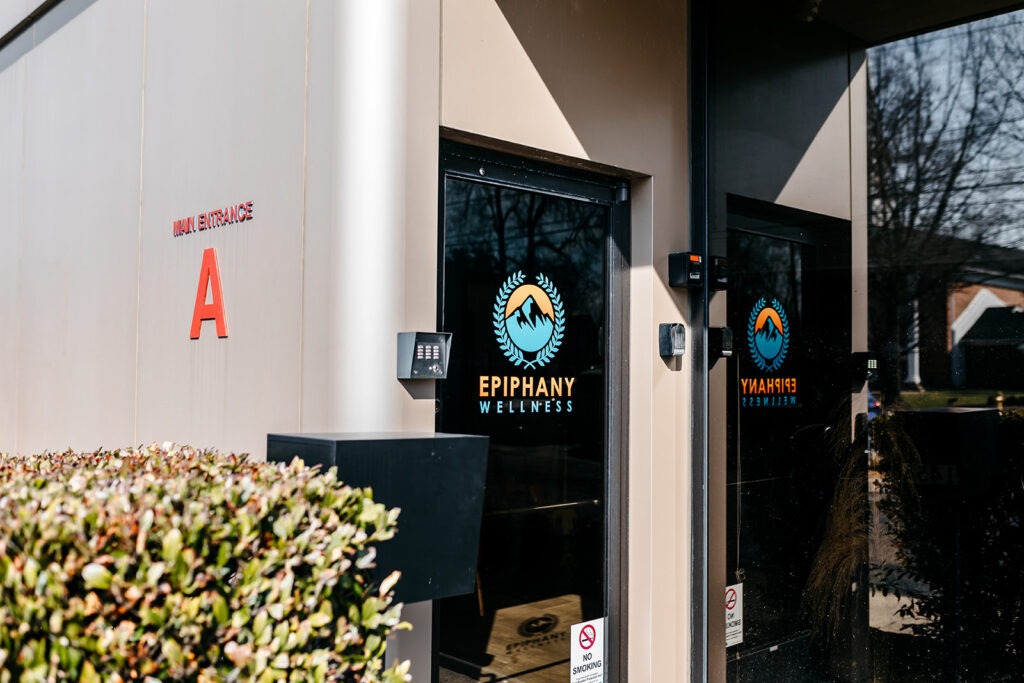
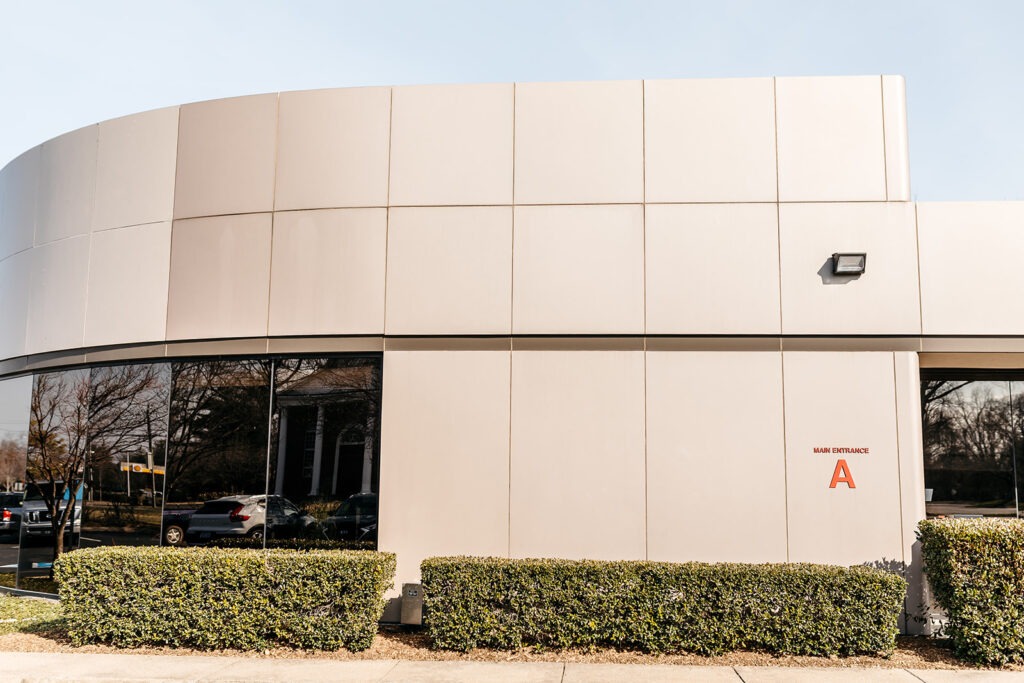


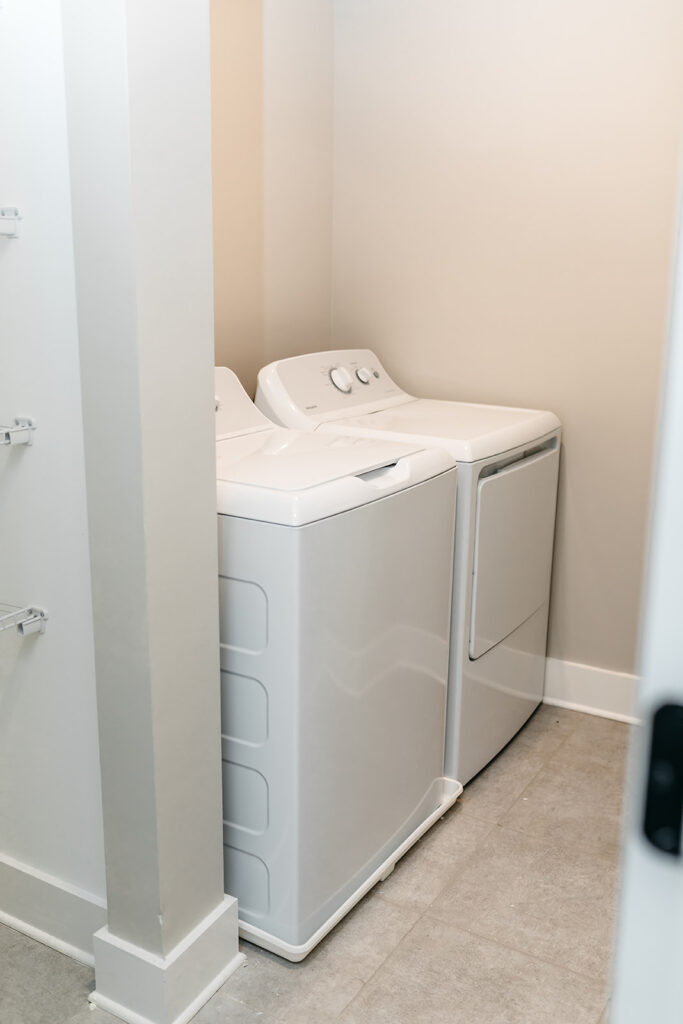


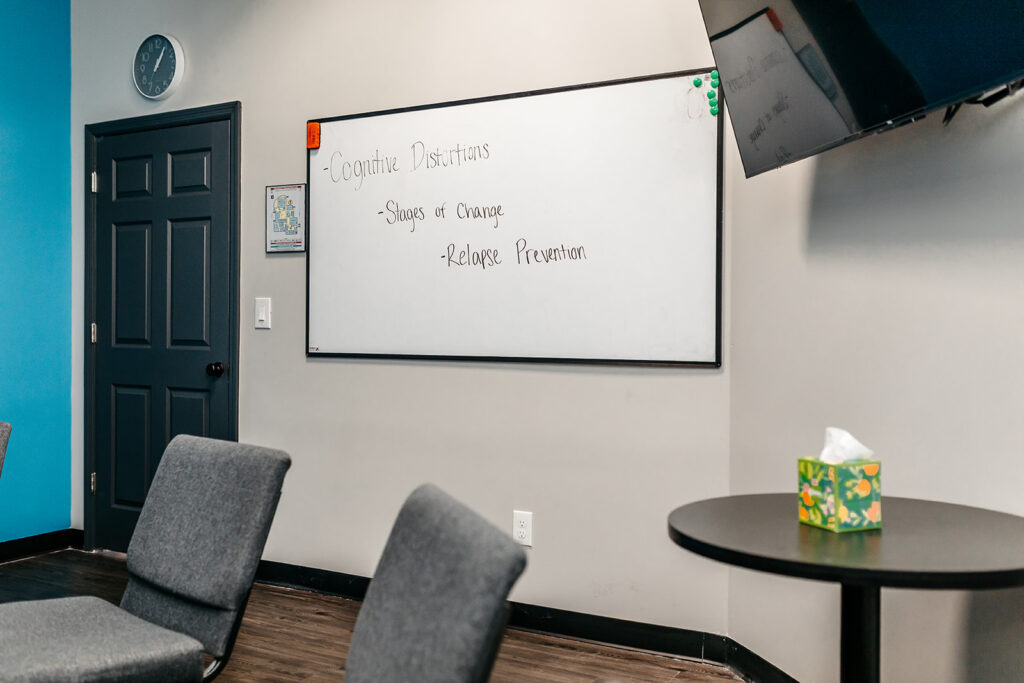
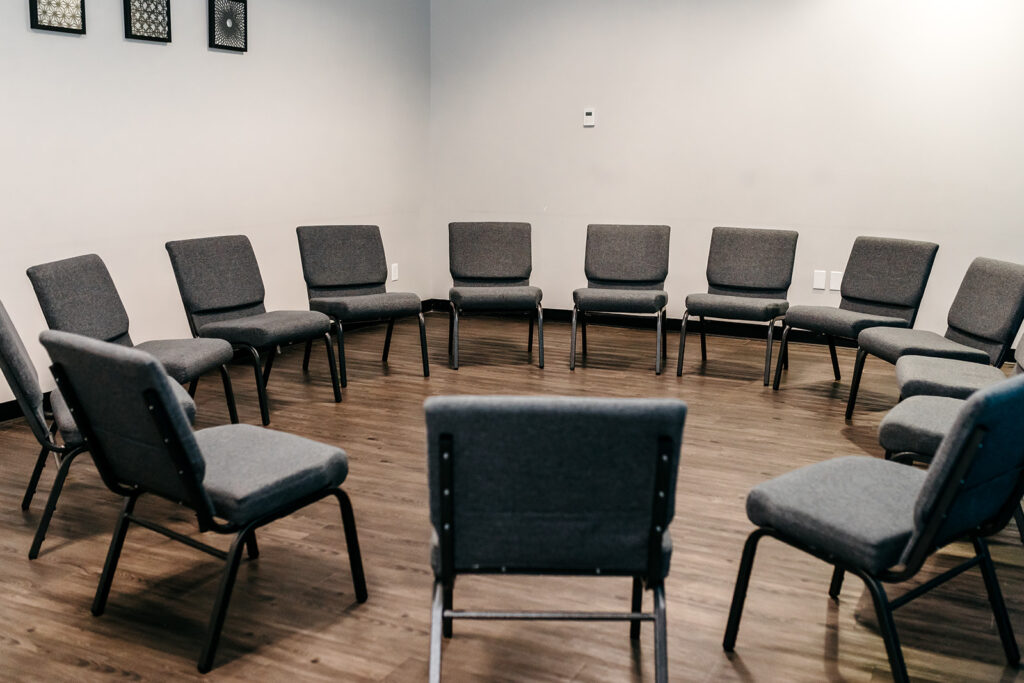

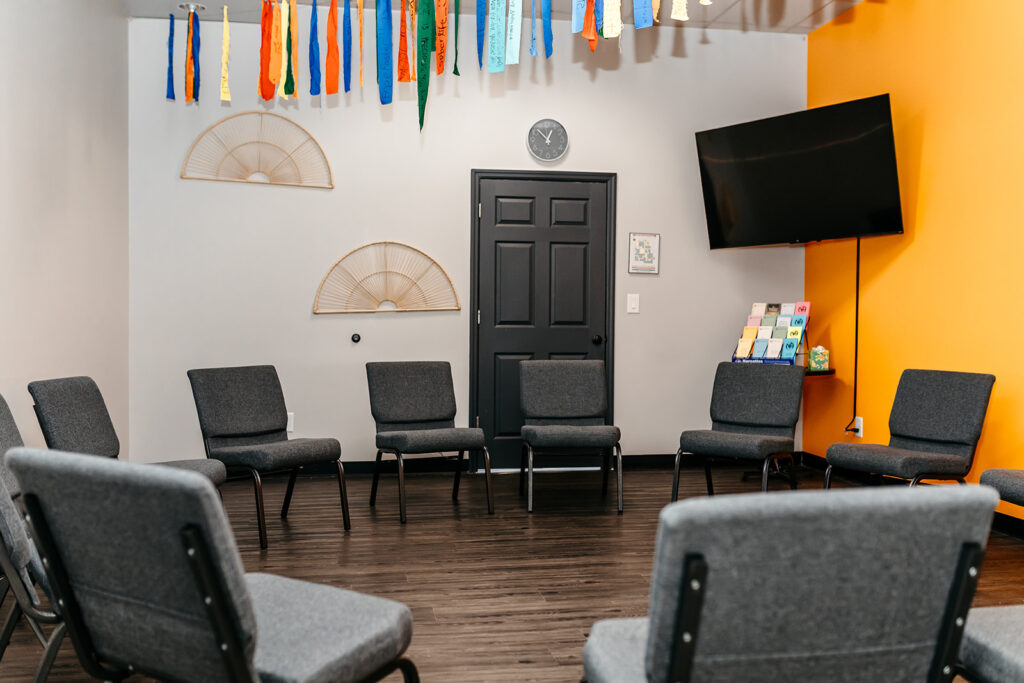
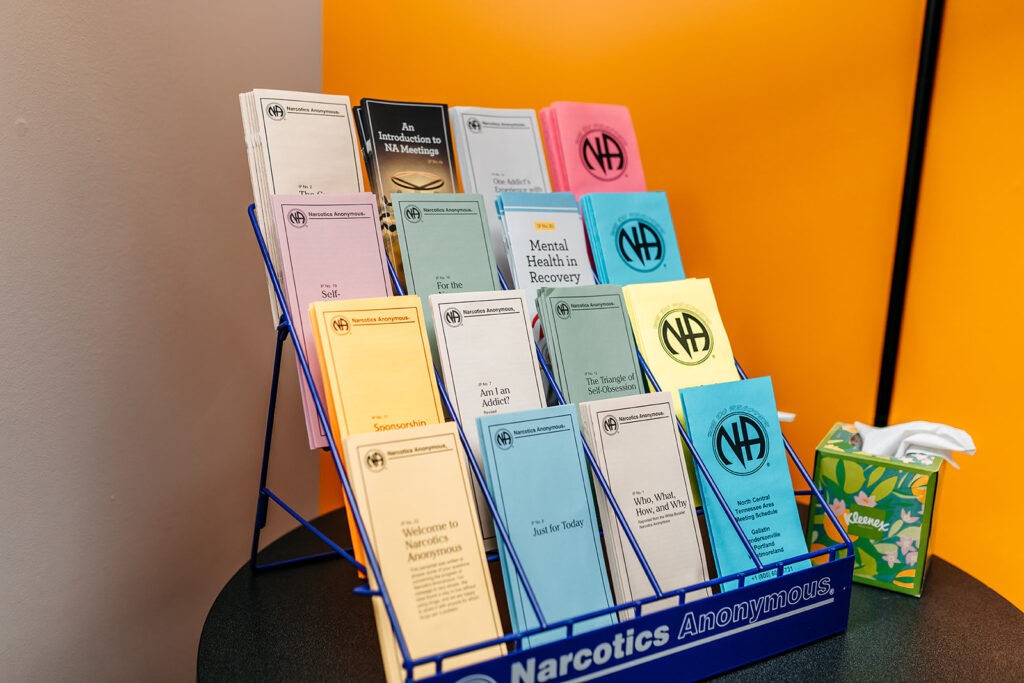
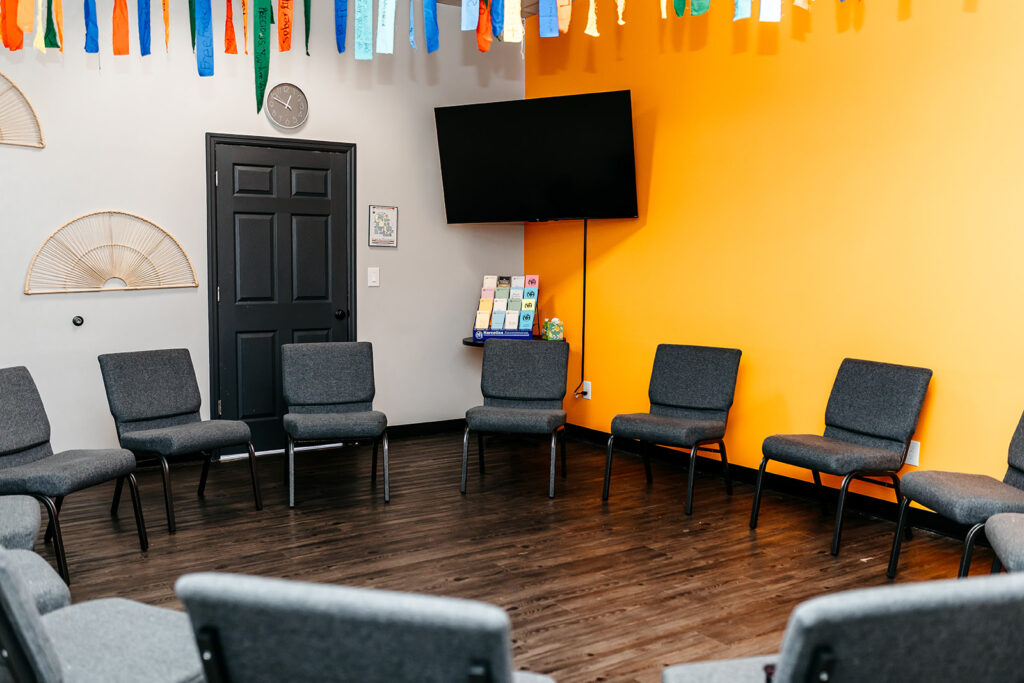
Who is a Candidate for Addiction Treatment?
Attempting recovery on your own can be like getting lost in the woods, circling the same paths over and over again. But it doesn’t have to feel this way.
If you can’t stop taking substances, or if you’ve found yourself sacrificing the important things in life for your addiction, or have landed yourself in legal or financial trouble, it is a sign that you are a candidate for a drug rehab recovery program.
We Accept Most Major Health Insurances
Find out if your health insurance qualifies now.







Our Accreditations
Why Choose Us
Addiction Recovery & Treatment Options at Epiphany Wellness
The Addiction Recovery Programs We Offer in Nashville
Detox Placement
Partial Hospitalization Program (PHP)
Intensive Outpatient Program (IOP)
Outpatient Dual Diagnosis Program
Therapies Employed at Our Recovery Center

Rational Emotive Behavior Therapy (REBT)
Rational Emotive Behavior Therapy (REBT) is based on the belief that thoughts, emotions, and behaviors are all interconnected.
The goal of REBT psychotherapy is to help individuals identify and challenge irrational belief systems and maladaptive behaviors and replace them with more constructive patterns.

Acceptance And Commitment Therapy
Acceptance and Commitment Therapy (ACT) is a form of psychotherapy based on mindfulness practices.
ACT aims to help patients accept their negative thoughts and emotions and realize they are not defined by them while still making active progress toward their goals.

Experiential Therapy
Experiential psychotherapy is a holistic approach that involves the patient engaging in activities or experiences as a means of exploring and processing negative emotions, traumas, behaviors, and thought processes.
Experiential therapy enables participants to use non-verbal forms of emotional processing to work through challenges they face.

Cognitive Behavioral Therapy (CBT)
CBT is a type of psychotherapy that explores the connection between emotions and subsequent behaviors, with the objective of identifying negative or irrational thought patterns that contribute to emotional and behavioral problems. CBT has been proven to be effective in substance use disorders and is considered to be one of the “Gold Standards” of SUD therapy.

Family Therapy
Family therapy – also known as family counseling – is a treatment approach that assists family members, such as spouses, partners, and children, with the effects of substance abuse or mental illness.
Family counseling can be used to treat many different mental health conditions and the lasting effects of addiction, including stress, grief, and anger.

Psychoeducation Therapy
Psychoeducation is a therapeutic intervention in which a therapist provides clients with information about their diagnosis, symptoms, and treatment methods in a structured way. The goal is to help the client understand their diagnosis to ensure they follow the recommendations.
Our Staff in Tennessee
Epiphany is a Recovery Resource For Families and Patients
At Epiphany Wellness, we’re on a mission to provide holistic, evidence-based treatment that supports a lifetime of recovery. For patients and families suffering from mental health and substance use disorders, hope and balance begin with an epiphany.
As a holistic wellness resource for Tennessee patients and families, Epiphany Wellness is committed to working collaboratively to facilitate recovery-driven treatment for long-term success.

Traveling Versus Staying in-state for Drug Rehab
What are the benefits of staying in-state for drug rehab?
While some people choose to attend rehab in a new city and get a fresh start, there are numerous benefits to opting for a local treatment program.
Staying local for drug rehab can offer several benefits, including:
- Familiar surroundings: Being in a familiar environment can provide a sense of comfort and stability, which can be beneficial for those in recovery.
- Access to support systems: Staying local allows individuals to maintain access to their support system, such as family and friends, who can provide emotional support throughout the treatment process.
- Cost-effectiveness: Staying local for drug rehab can be more cost-effective as it eliminates the need for travel and lodging expenses for outpatient treatment. A local rehab facility is also more likely to take your insurance.
- Continuity of care: Staying local can allow individuals to continue receiving care from their existing healthcare providers, which can help ensure continuity of care and minimize disruptions to their overall treatment plan.
The Case for Traveling to Tennessee for Drug Rehabilitation
Traveling for drug rehabilitation also offers benefits for clients, such as creating space between their hometown and where treatment occurs. This separation can be crucial for healing–changing your environment can change your behavior.
Another benefit to healing in recovery is a beautiful setting. Hendersonville, Tennessee is an inviting and idyllic community less than an hour from Nashville. Hendersonville is home to peaceful nature sites like Old Hickory Lake, and nearby state parks like Bledsoe Creek State Park.


We Can Help You Activate Change From Within. Move Forward Toward Sobriety With Epiphany Wellness.
You deserve a better quality of life free from the bondage of drug & alcohol addiction. Our admissions team in Nashville is standing by to help you take the first step and embark on the journey of recovery. Reach out to verify your insurance benefits today!
Frequently Asked Questions About Addiction Treatment
What is the most effective treatment for a drug addiction?
Everyone’s struggle with addiction is unique. The best approach for you may not be the best approach for someone else. However, research indicates that holistic treatment that addresses the body, mind, and spirit is invaluable in addiction recovery.
Talk therapies like cognitive behavioral therapy and dialectical behavioral therapy combined with more holistic methods like trauma-informed treatment and spiritual guidance may all be included in your individualized recovery plan at Epiphany Wellness.
What is the cost of rehab in Tennessee?
The cost of rehab in Tennessee will vary depending on the type of treatment required, your individual insurance plan, and the individual facility.
During your initial consultation, our admissions counselors will verify your coverage with your insurance to determine how much, if any, will need to be paid out of pocket. For those without insurance, self-pay is an option.
What is the most common addiction problem in Tennessee?
In Tennessee, some of the most commonly abused drugs are methamphetamine and heroin. Prescription drug abuse is also a growing concern across the state with a rise in the use of recreational Fentanyl. 80% of crimes in Tennessee are drug-related. [1]
Is medication part of drug addiction treatment?
Yes, medication can be a part of treatment at a drug recovery center.
Medication-assisted treatment (MAT) involves the use of medications therapy in combination with holistic therapies to help individuals overcome addiction to opioids, alcohol, or other substances.
MAT has been shown to be effective in reducing drug use, improving treatment outcomes, and reducing the risk of overdose. The most common medications used in MAT include methadone, buprenorphine, and naltrexone. However, the use of medication as part of addiction treatment varies depending on the individual and the substance they are addicted to, and not all individuals will need or benefit from medication.
How do you choose a drug and alcohol rehab?
When searching for a behavioral health and drug rehabilitation program in TN, it’s essential to take into consideration the following factors to ensure you receive the best care for your dual diagnosis:
Treatment Approach
Seek out a program that uses a comprehensive, evidence-based method to treat both mental health and substance abuse, such as Cognitive-Behavioral Therapy, Motivational Interviewing, and Trauma-Focused Therapy. It is also good to ask a potential drug rehab center if they offer detox or detox referrals.
Personalized Treatment Plans
Ensure the program offers customized treatment plans tailored to your individual needs and diagnoses.
Length of Treatment
Evaluate the duration as well as the average length of stay in the program and make sure it provides ample time to effectively address your concerns.
Aftercare Support
Choose a program that offers follow-up support to help you maintain progress and avoid relapse.
Patient Reviews
Read reviews and testimonials from previous patients to gain a better understanding of the quality of care at the treatment center.
It’s crucial to take your time and do thorough research to ensure you select the right program for you.
What are the benefits of staying in-state for drug rehab?
While some people choose to attend rehab in a new city and get a fresh start, there are numerous benefits to opting for a local treatment program.
Staying local for drug rehab can offer several benefits, including:
Familiar surroundings: Being in a familiar environment can provide a sense of comfort and stability, which can be beneficial for those in recovery.
Access to support systems: Staying local allows individuals to maintain access to their support system, such as family and friends, who can provide emotional support throughout the treatment process.
Cost-effectiveness: Staying local for drug rehab can be more cost-effective as it eliminates the need for travel and lodging expenses. A local rehab facility is also more likely to take your insurance.
Continuity of care: Staying local can allow individuals to continue receiving care from their existing healthcare providers, which can help ensure continuity of care and minimize disruptions to their overall treatment plan.
[1] Drugs. (n.d.). Retrieved February 8, 2023, from https://www.tn.gov/tbi/crime-issues/crime-issues/drugs.html
Pursue Your Epiphany. Recover Safely.
Keep in mind: what’s most important is finding a treatment program that meets your specific needs and provides the best care for your individual circumstances.
For more questions about Epiphany Wellness or to get started, contact a member of our team today.






